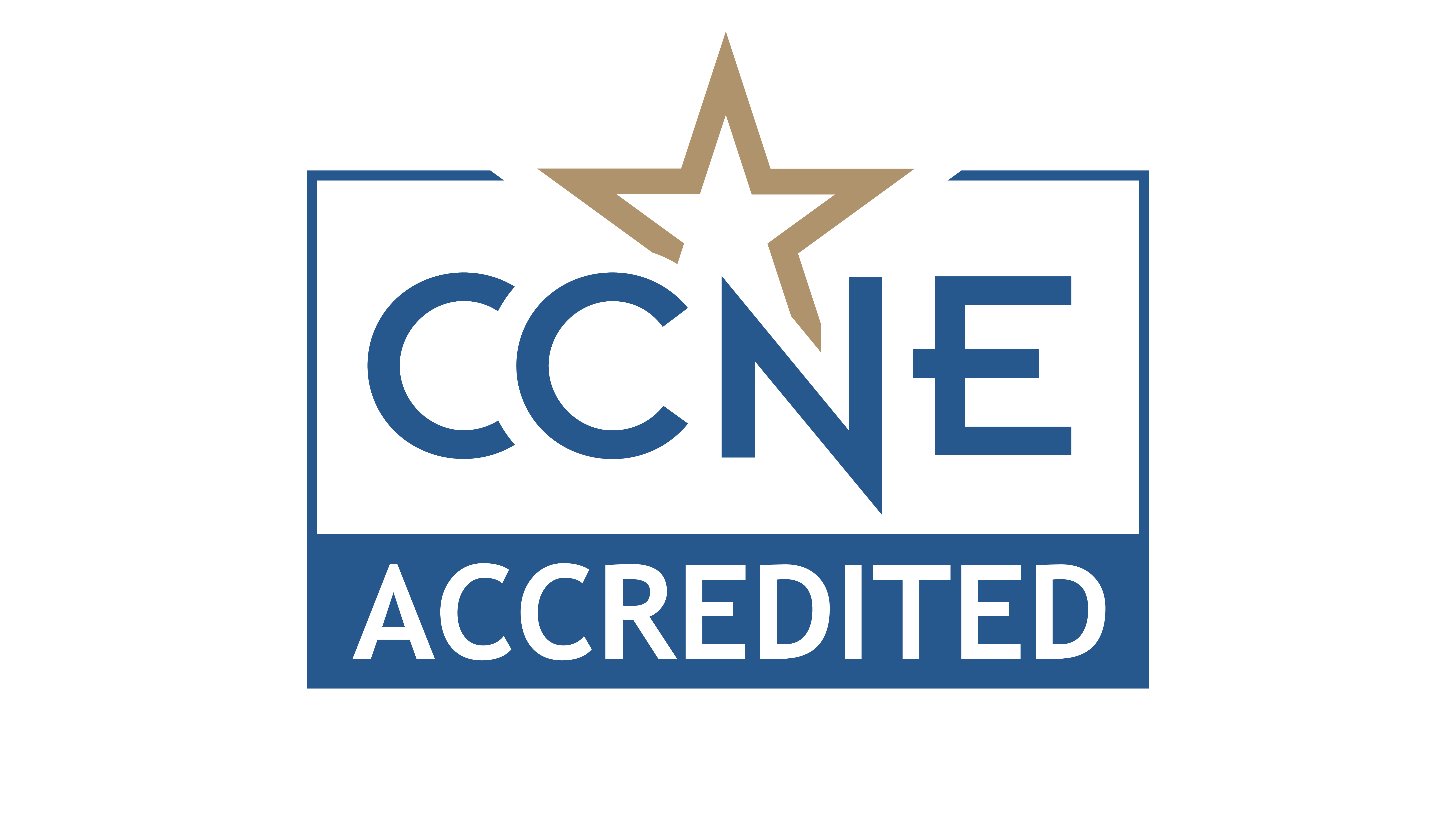La Salle University

What you’ll learn
Our scientifically-based nursing curriculum emphasizes quality and safety in patient care while also instilling lifelong learning as a hallmark of professional nurses. You will learn to implement culturally appropriate strategies for health promotion, risk reduction and disease prevention, and use clinical judgment and decision-making skills when assessing and evaluating the health status of individuals and families.
This program also serves as a foundation for graduate study, as students can continue their education with our RN-BSN to MSN Program. Students who have a bachelor’s degree in a non-nursing field can pursue our RN to MSN Bridge Program.
Why Study Nursing at La Salle?
La Salle University’s School of Nursing and Health Sciences has an innovative, evidence-based, experiential, and interprofessional nursing program. Students in our Bachelor of Science in Nursing (BSN) program boast NCLEX pass rates that exceed the state and national averages, and 100% of our graduates land placements in the field after completing the program.
Highlighted Courses
NUR 318: Developments and Controversies in Pathophysiology and Pharmacology
Controversies and knowledge development in pathophysiology and pharmacology are investigated, and their impact on nursing care through the lifespan is examined. Factors influencing health and illness, such as genetics, ethnicity and environment, are discussed in relation to disease occurrence and treatment. Relationships among disease states and varying approaches to drug therapies are examined using evidence-based approaches. Technology at point-of-care nursing practice is used, including personal digital assistants (PDAs) and clinical data repositories (CDRs), to develop competencies responding to just-in-time critical values and knowledge for patient-centered care.
NUR 413: International Public Health Nursing
This course expands the theoretical and experiential base gained in prior nursing and non-nursing courses by introducing students to population-based nursing with a special focus on global and international health issues. Emphasis is placed on identifying trends in the health and health care of populations as well as exploring strategies to address health promotion, primary, secondary and tertiary disease prevention, and protection goals for particular at-risk and high-risk population groups throughout the world. The course orients the student to health care needs and interests of families, aggregates, communities and nations as a whole, rather than solely focusing on needs and interests of individual clients. Health care strategies, population-level interventions, community resources, and opportunities for interdisciplinary and interagency collaboration are identified. Relevant political, economic, social and ethical implications of particular health care strategies are examined. Specific countries and public health issues will be selected to compare and contrast with the U.S. health care delivery system. Students reflect upon contemporary literature related to national and international public health issues.
NUR 465: Safety Strategies for Healthcare Delivery Systems
This course explores medication and other health care errors that threaten patient safety. The impact of health care errors is examined from the perspectives of consumers, health care providers, professional organizations, legislators, hospitals and health care delivery agencies. Systems improvement initiatives are investigated with the goal of preventing health care errors. Interdisciplinary and collaborative roles of consumers, legal counsel, and health care providers, including nurses, pharmacists and physicians, are emphasized.
Meet the Faculty
The Nursing faculty encourages our students to Explore, Experience, and Excel in a teaching-learning environment that fosters scholarship, collegiality, respect, and collaboration among learners and teachers. We focus on the care of vulnerable populations and respect the humanity of the people that we serve.
Career Opportunities
The program has established strong ties with several senior centers, adult day care centers, hospitals, and other health care facilities within Philadelphia and the surrounding areas (including Montgomery, Bucks, and Delaware Counties as well as New Jersey). Clinical experiences associated with coursework may be assigned at institutions such as
- Abington Memorial Hospital
- Albert Einstein Medical Center
- Belmont Center for Comprehensive Care
- Bryn Mawr Rehab
- Children’s Hospital of Philadelphia (CHOP)
- Christopher’s Hospital for Children
- Cooper Medical Center
- Doylestown Hospital
- Friends Hospital
- Shriner’s Hospital for Children
- Holy Redeemer Hospital and Medical Center
- Jefferson Health
- Thomas Jefferson University Hospital,
- Lankenau Hospital
- Paoli Hospital
- Presbyterian Medical Center
- Mary Medical Center
- Temple University Hospital
- Various public, parochial, and private schools in Philadelphia and the surrounding counties.
Accreditation
La Salle’s BSN, MSN, DNP and APRN post-master’s certificate programs are fully accredited by the Commission on Collegiate Nursing Education (CCNE).
